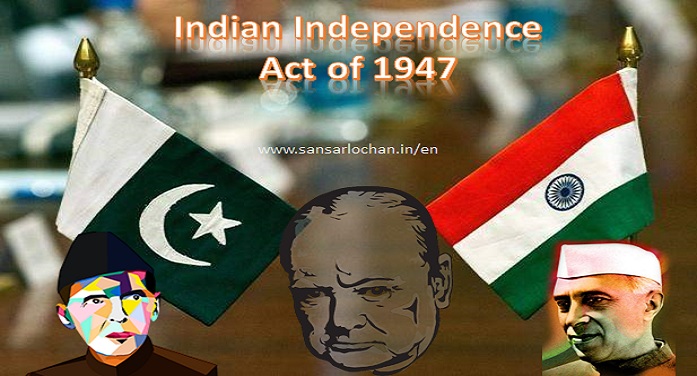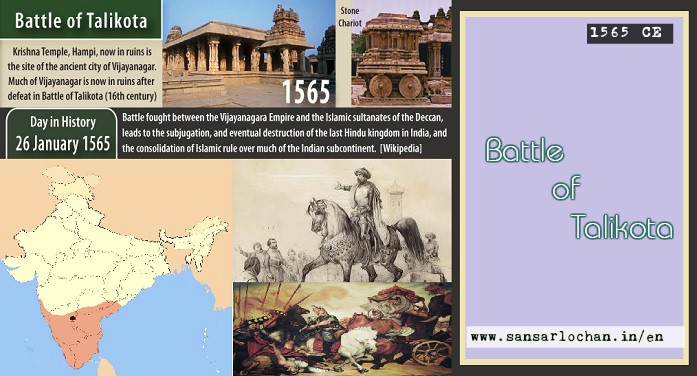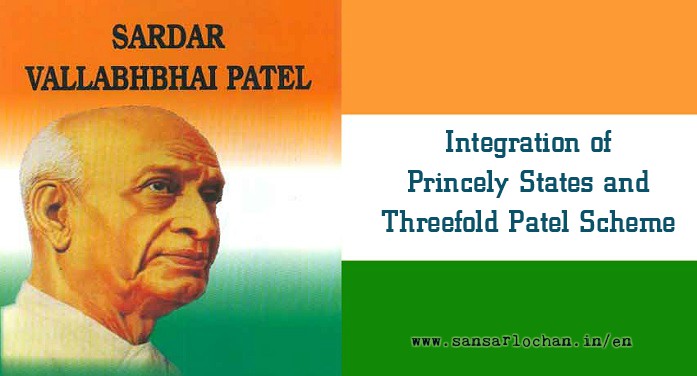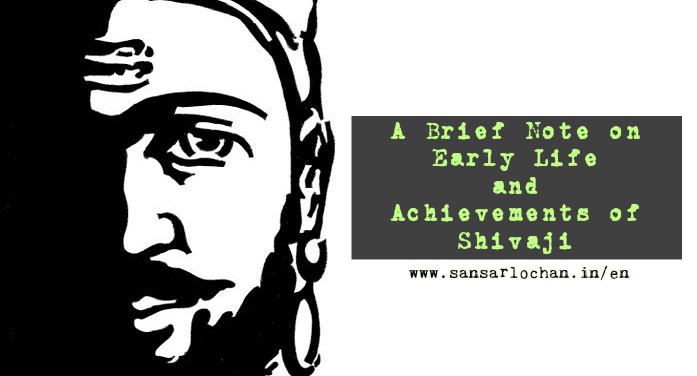A Brief Note on Indian Independence Act of 1947 and its Provisions
The Indian Independence Act of 1947 was the last legislation of the British Parliament with the intent of creating independent India. Here through this article we are providing you a short note on 1947 Independence Act as well as a list of its provisions. Introduction The Government of India Act 1935 failed to satisfy the Indian demands. In 1939 the … Read More
Life of Basava and Shakti Vishishtadvaita Philosophy
Basavanna, Basava or Basaveshwara was the founder of lingayat sect which focusses on Shiva Bhakti. He was a minister during the rule of the 12th-century Kalachuri king Bijjala I in Karnataka. He was a social reformer. Let’s know about his early life, his social works and his shakti vishishtadvaita philosophy. Early life of Basava Basava (1132-1168 CE) was born in … Read More
Town Planning of Indus Valley Civilization : Salient Features
Town planning is the unique feature of Indus valley civilization. Their town planning proves that they lived a highly civilized and developed life. Indus people were the first to build planned cities with scientific drainage system. The Indus cities were built on an uniform plan. Town planning was amazing in nature. A few cities have citadels to the West built … Read More
Battle of Talikota 1565 CE : Causes and its Results
The battle of Talikota was a decisive battle in the history of Vijayanagara empire. The battle was fought in a range of 40 kms. This battle was fought between the villages of Rakkasagi and Tangadagi, near Talikota. Hence it was called the battle of Talikota or Rakkasa-Tangadi. Some scholars believe that the decisive battle was fought at Krishna-Bannihatti. Hence it is called the … Read More
Integration of Princely States and Assimilation Strategy of Patel
In this article, we are giving a brief note on the integration of Princely States and threefold assimilation strategy adopted by Sardar Vallabh Bhai Patel. Sources we used for this article are Wikipedia and NCERT. Integration of Princely States British India consisted of British Indian Provinces and the Princely States. The British Indian provinces were directly under the control of … Read More
Very Short Note on Independence and Partition, Source NCERT
I am making a very short note on Independence and Partition of India with the help of NCERT History Books. Hope you will like it. So here is the story:- Independence and Partition After the second world war, the Labour Party came to power in England and Clement Atlee became the Prime Minister. He deputed a commission to India in … Read More
The Period of the Moderates and the Extremists 1885-1920
The Period of the Moderates 1885-1905 From 1885 to 1905 the Indian National Congress was led by Dadabhai Naoroji, Pherozshah Mehta, Badruddin Tyabji, Anandacharalu, Surendranath Banerjee, Gopal Krishna Gokhle etc. They expressed loyalty to the British and believed in the British benevolence. They intended to pressurize the British Government through Prayers, Petitions and Protests. They organized public meetings, submitted memorandums … Read More
A Brief Note on Early Life and Achievements of Shivaji
The decline of Mughals led to the rise of independent states in different parts of India. Among them the Marathas were prominent. Shivaji was the founder of Maratha Kingdom. In this post, we will mention about early life of the great Shivaji and his achievements in different conquests. Early life of Shivaji Shivaji was born at Shivaneri in 1627 CE. … Read More
Important Characteristic Features of Chalukyan Architecture
The Chalukyas of Badami have made marvelous contributions to Indian Art and Architecture. Building of Stambha Mandapa (Navaranga) and Sukhanasi along with the Garbhagriha was a unique contribution of the Chalukyas. They built many temples following the Nagara or North Indian Style and Dravida or South Indian style. They built their temples using red sandstone. They experimented many things in … Read More
- Page 1 of 2
- 1
- 2



